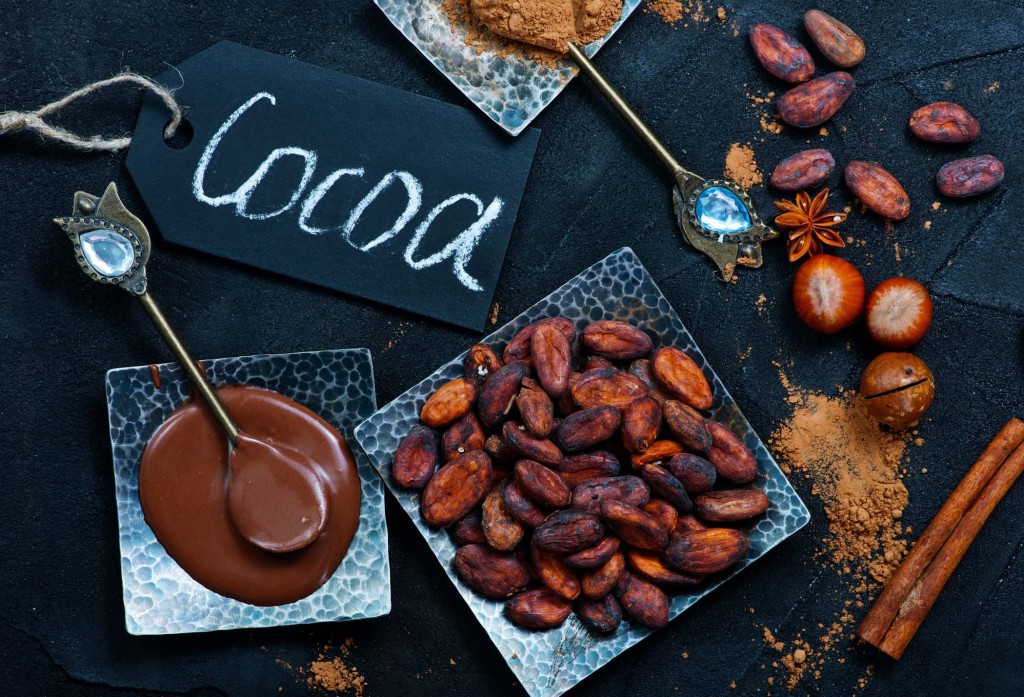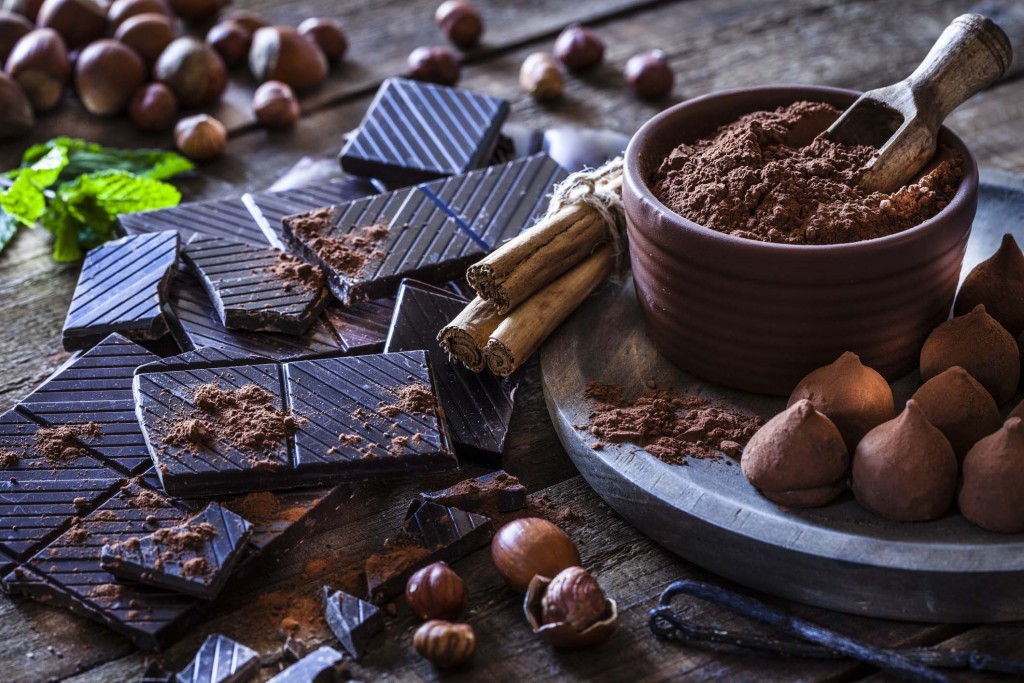Benefits of Dark Chocolate Make a Sweet Snack


If you have old Valentine’s Day chocolates in the house or are planning to indulge in chocolate for Easter or Passover, you might want to treat yourself and eat up.
There are several studies that have found that chocolate — at least dark chocolate — is good for your health.
“With an increasing number of studies focusing on chocolate and cardiovascular health, chocolate’s popularity is on the rise and frequently discussed in the media. The reason…is that the cocoa bean, which is one main ingredient in chocolate that is rich in flavanols, has an antioxidant effect that reduces the cell damage which is linked to heart disease,” said Jackie Carr, a registered and licensed dietician and clinical nutrition manager at Southeast Georgia Health System.
 “In addition to having antioxidant qualities, research shows that flavanols have other potential benefits on vascular health, such as lowering blood pressure, improving blood flow to the brain and heart, and making blood platelets less sticky and able to clot which may have an impact on reducing your risk of heart attack and stroke.”
“In addition to having antioxidant qualities, research shows that flavanols have other potential benefits on vascular health, such as lowering blood pressure, improving blood flow to the brain and heart, and making blood platelets less sticky and able to clot which may have an impact on reducing your risk of heart attack and stroke.”
Research has shown that dark chocolate helps keep your blood vessels healthy and your circulation unimpaired to protect against Type 2 diabetes. It also reduces insulin resistance, hardens tooth enamel, helps to suppress coughs, and is loaded with a number of vitamins and minerals that can support your health — potassium, copper, magnesium and iron.
Carr says despite the apparent health benefits of chocolate, research has been limited to mostly short-term and uncontrolled studies, meaning more research is needed.
She also says that not all chocolate is made equal.
“Before adding a chocolate bar or a slice of chocolate cake to your daily diet, it is important to understand that not all forms of chocolate contain high levels of flavanols. Cocoa naturally has a pungent taste, which comes from the flavanols,” she said.
“When cocoa is processed into your favorite chocolate products, it goes through several steps to reduce this taste which, in turn, reduces the amount of flavanols present. Since most commercial chocolates are highly processed, the health benefits may be reduced or not be as prominent.”
 Luckily, most major chocolate manufacturers are looking for ways to keep the flavanols in their processed chocolates, Carr says.
Luckily, most major chocolate manufacturers are looking for ways to keep the flavanols in their processed chocolates, Carr says.
Although it has a number of healthy benefits, chocolate is still high in fat and should be eaten sparingly.
“If you choose to add chocolate to your diet, do so in moderation and choose dark chocolate with a cocoa content of 65 percent or higher over milk chocolate or white chocolate,” she said.
“Chewy caramel-marshmallow-nut-covered dark chocolate is by no means a heart-healthy food option since it contains added fat, sugar and calories.”
Like any other food or candy, consuming too much chocolate can have an adverse effect on health.
Too much chocolate can contribute to weight gain, which can increase your risk for developing high blood pressure, heart disease and diabetes.
“Therefore, limit yourself to around 1 ounce of dark chocolate two to three times per week, as well as including other flavonoid-rich foods like apples, peanuts, tea (in moderation), onions and cranberries in your diet,” Carr says.